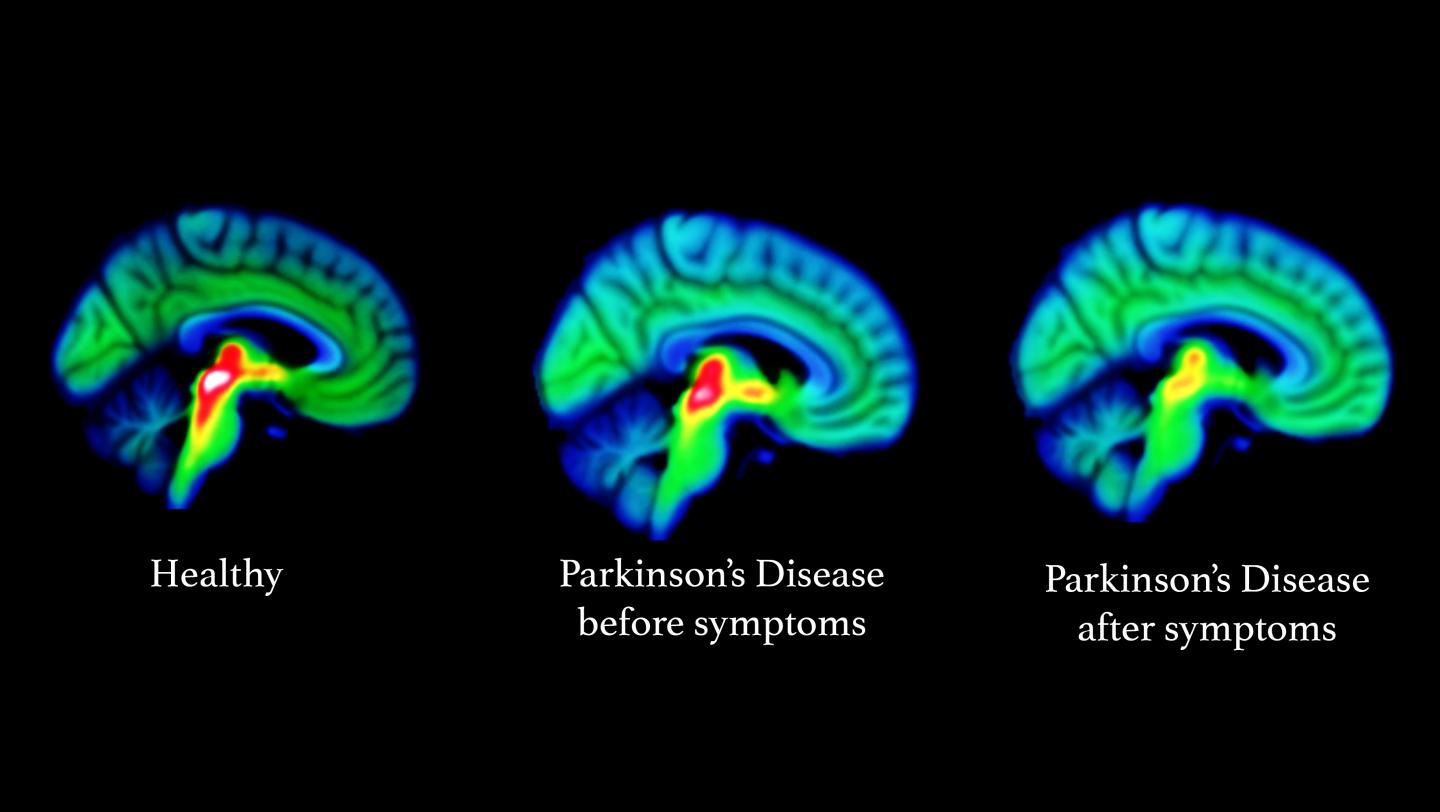Rick Simpson Oil (Cannabis Oil) - Alzheimer and Parkinson - Medical Marijuana Hemp Cannabis
Pros of marijuana in Parkinson’s disease

Medical marijuana has been observed to improve both motor and non-motor symptoms including bradykinesia, rigidity, tremor, sleep, and pain. A study demonstrated the effects of cannabis on 85 individuals with PD. Most of them consumed half a teaspoon of cannabis leaves, along with their prescribed pharmacotherapy for PD. About 46% of these individuals reported relief of PD symptoms in general, occurring at an average of 1.7 months after the first use of marijuana, suggesting chronic use of marijuana may be required for improvement in symptoms. Bradykinesia was the most common symptom that was alleviated among cannabis users, followed by muscle rigidity and tremor. Additionally, 14% of patients reported improvement of levodopa-induced dyskinesia with the use of cannabis. It was also noted that higher urine levels (above 50 ng/ml) of a metabolite of THC in individuals using cannabis for several months resulted in the visible improvement of bradykinesia and rigidity.
THC has been shown to improve both activity and hand-eye coordination in an animal-PD model. A clinical study of 22 patients with PD and smoking marijuana, resulted in improvement of motor symptoms such as bradykinesia, resting tremor, rigidity, and posture, along with non-motor symptoms such as sleep and pain. It has also been observed to improve rapid eye movement (REM) sleep behavior disorder in individuals with PD. Nabilone is a synthetic cannabinoid receptor agonist, and when given levodopa, it significantly reduces dyskinesia and increases the duration of action of levodopa by 76%. This is in contrast to CB1 antagonist, Rimonabant, which did not produce improvement in motor symptoms in PD.
Some people with PD have reported a ‘calming effect’ on their tremors and dyskinesia with the use of marijuana. Another study showed improvement of dyskinesia by up to 30% in PD patients without worsening of symptoms, with CBD withdrawal causing dystonia. A study investigated the use of marijuana and compared it to non-marijuana users in individuals with PD and MS. There was a lower level of disability in marijuana users as compared to non-users. Memory, mood, and fatigue were other factors that cannabis had a positive effect on. About 85% of the patients reported effectiveness as moderate or higher due to improvement in symptoms and no worsening with the use of cannabis.
Depression is a common symptom in PD, with a prevalence of up to 50%, that is undiagnosed and undertreated. Endocannabinoids are proposed to regulate mood and behavior, and their loss can lead to depression. It has been demonstrated in epidemiological studies that marijuana users using marijuana daily or weekly exhibit a better mood as compared to non-users, while other studies have shown an association between heavy use of marijuana and depression, but it is unclear whether the depressive symptoms are due to marijuana or other factors. Hence, it is possible that the use of marijuana can help overcome depressive symptoms in PD patients. Also, marijuana has also been proposed to improve sleep, as demonstrated in a clinical trial of 2000 patients with various pain disorders. Studies have further suggested that marijuana can help with spasticity and pain in people with PD and MS and has neuroprotective effects. In Colorado, a survey was conducted for PD patients, and its findings were similar to past results of marijuana alleviating non-motor symptoms. Marijuana not only improves motor and non-motor activities, but also has neuroprotective properties, and helps in improving symptoms of PD as well as delaying its progression. Hence, marijuana can be used as an alternative or add-on option in adults with PD to help improve the overall quality of life of patients suffering from PD.
Cons of marijuana in Parkinson’s disease
Adverse effects of marijuana include cognitive impairments, although this is temporary and resolves with cessation of the drug. It is well known that marijuana can cause impairment in working memory and may have a positive association with depression. This is contradictory to a study in which individuals with PD who were consuming marijuana had improved memory and mood, which could be due to avoidance of the drug by individuals having problems with memory or mood in fear of worsening of symptoms.
Weight gain is another possible side effect of marijuana, as the drug is thought to increase caloric intake. When initiated in adolescence, marijuana can contribute towards obesity but an extensive study of adults demonstrated the lesser prevalence of obesity in marijuana users, and a recent survey of adults with PD and MS did not support obesity in marijuana users.
It is suggested that the acute use of marijuana can cause a transient motivational state in marijuana non-users, and regular use prevents it. It is also recommended that marijuana negatively affects motor skills, but in a recent study in PD and MS patients, both users and non-users spent the same amount of time on physical activity and sitting.
Short-term Effects of Marijuana
Acute marijuana use impairs consolidation, attention tasks, memory retrieval, verbal memory, executive functions, and learning. Furthermore, frontal dysfunction has also been observed which causes poor planning, decreased information processing speed, lack of self-monitoring, poor planning, and changes in gross and fine motor skills [3].
Long-term Effects of Marijuana
Dependence is the primary concern after long-term use of marijuana. In the US, 10% of adults use marijuana, and one-third of users suffer from abuse or dependence. Furthermore, 30% of marijuana users and 50% to 95% of heavy users experience marijuana withdrawal symptoms. One study followed participants from birth to age 38, and persistent marijuana users had six-point reduction in intelligence quotient (IQ) compared to non-users. Chronic marijuana use can result in dependence, cognitive impairments, depression, and anxiety, and increase the risk for lung diseases.

Studies have found that medical marijuana can stop the growth of tumors and treat different kind of diseases

Does Cannabis Oil help AHC? - RSO Cancerfree

RSO Oil for Lung Cancer-RSO Cancer Free-2

New potential of marijuana: Scientists separate effective pain relief ingredients Cannflavin A and B

A Father Takes Risk to Cure His Daughter's Cerebral Palsy and Severe Autism by Cannabis - RSO Cancer Free

Medical Cannabis Cured Leukemia-2 - RSO Cancer Free

Lung Cancer Patient’s Experience with Rick Simpson Oil

Medical Cannabis Cured Leukemia

Medicinal Cannabis cured Deryn Blackwell’s Leukaemia









